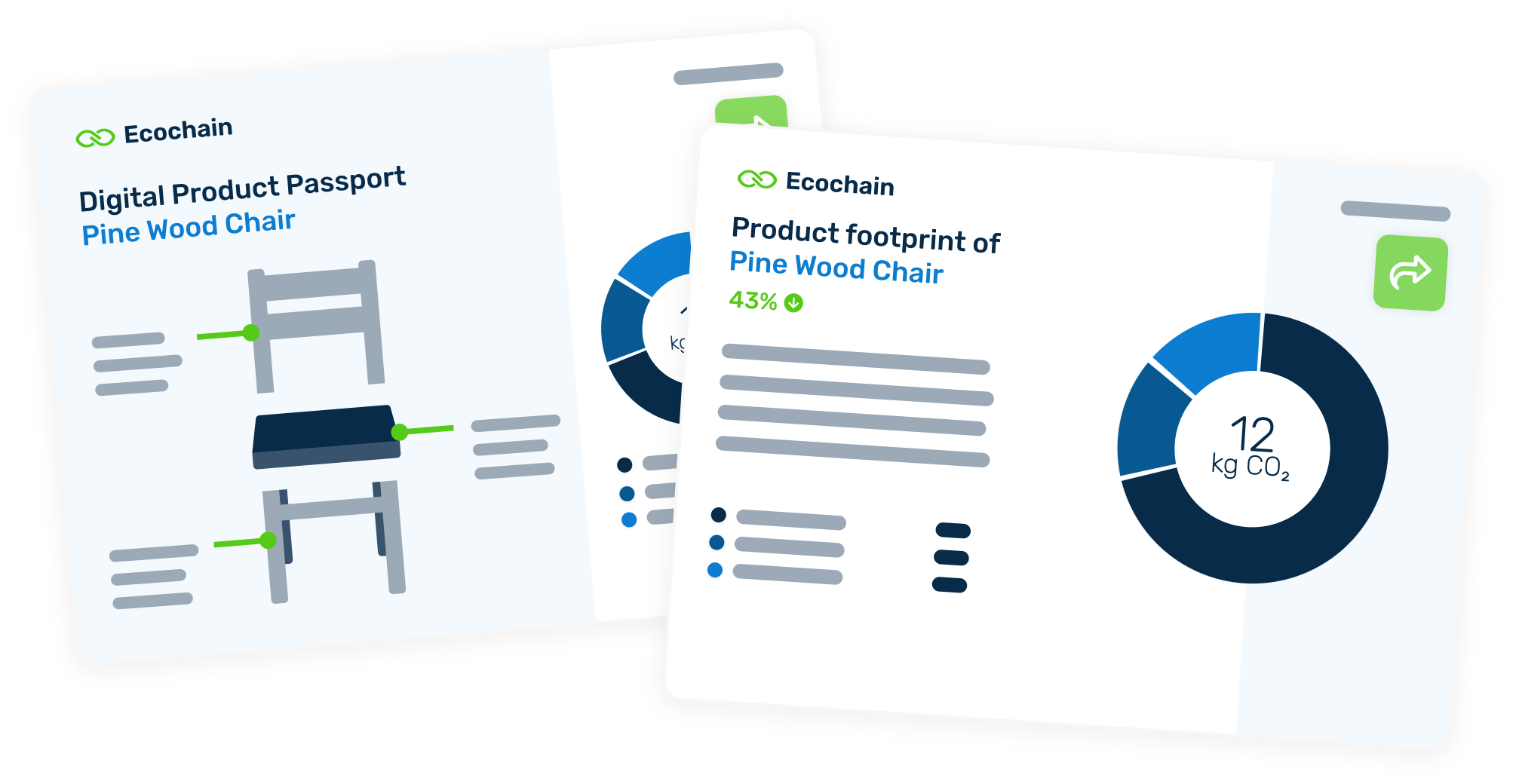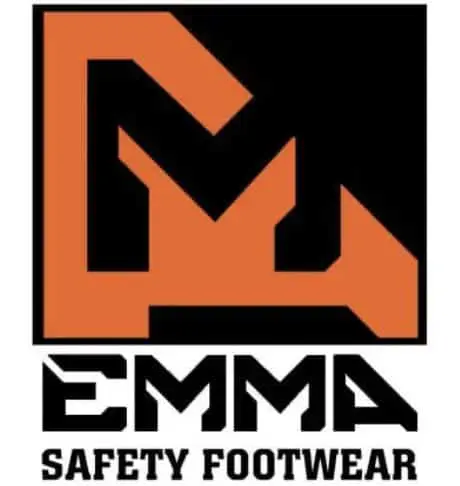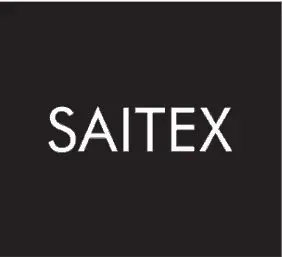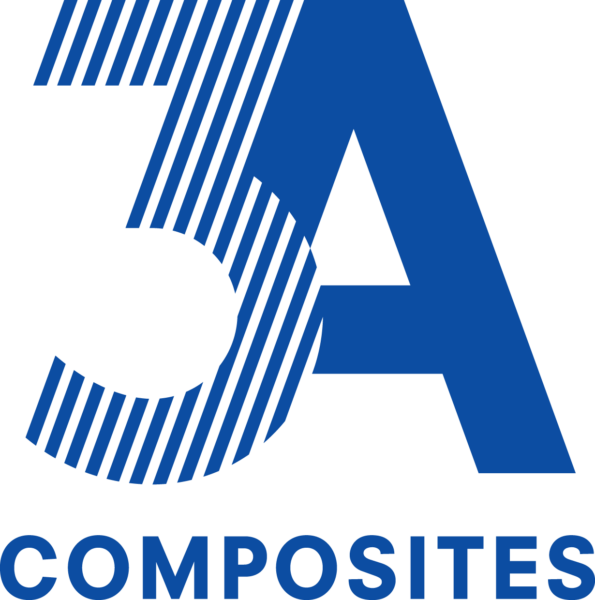Share your product impact data through sustainability reports
Create self-declared and verified reports to communicate your environmental footprint with confidence.


What is sustainability reporting?
Sustainability reporting is how your business shares its impact to meet customer, investor, and regulatory demands. Depending on your needs, you can quickly create self-declared or verifiable reports at scale. All reports are ISO compliant.
Why should I do it?
Sustainability reports are becoming a non-negotiable for doing business, including but not limited to: Product Carbon Footprint (PCF), Environmental Product Declaration (EPD), or a Digital Product Passport (DPP).
Back up your environmental claims
Stay compliant with evolving regulations
Strengthen trust across your value chain
What type of report do I need?
Self-declared reports
Many reports don’t require external verification. Quick to generate, self-declared reports are ideal for sharing data with stakeholders, improving your product, meeting customer demand, and procurement processes. Create and share them independently–without the time and cost of external verification.
- Share your footprint with potential customers to gain competitive advantage
- Identify which materials or processes contribute most to your environmental impact
- Share your commitment to sustainability through substantiated claims on your packaging labels and as part of your marketing efforts
- Support your customers with their Scope 3 reporting
Example: Dopper, a leader in sustainable water bottles, used Ecochain to create a self-declared report in the form of a Digital Product Passport (DPP), to share their product’s carbon footprint and impact data on the website.
Verifiable reports
Formal reports required for compliance, sustainability certifications and public disclosures.
- Meet net-zero targets and report your progress through verified Product Carbon Footprints (PCFs)
- Provide environmental data to win tenders (EPDs)
- Comply with regulations and gather data for the upcoming ones (CSRD, ESPR, BREEAM, LEED, and other)
Example: Wavin, a global supplier of plastic pipe systems, used Ecochain to calculate the environmental footprints of their key products. They created verified Environmental Product Declarations (EPDs) to meet rising demands from construction clients for reliable Global Warming Potential (GWP) and Environmental Cost Indicator (ECI) data. With regulation tightening and public tenders increasingly rewarding sustainable products, Wavin’s verified reports provide the transparency needed to stay competitive, support customer decision-making, and future-proof their product portfolio for 2025 and beyond.
Stay competitive by sharing your sustainability reports
Be it self-declared reports or verifiable ones, create sustainability reports that meet your need, quickly, at scale, and without complexity.
Why Ecochain?
Flexibility to conduct lite or full LCAs to support various reporting requirements
Expert coaching to give you confidence in your LCA process
Self-declared claims and verifiable reports that support multiple outputs and meet global reporting standards (ISO 14040/14044/14067, NMD, PEF compliant)
Join the companies leading with transparency






Questions?
Book a call to explore if Ecochain is the right solution for you.

Kimberly Shih